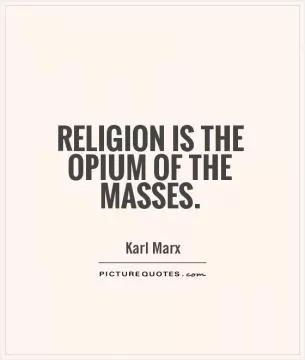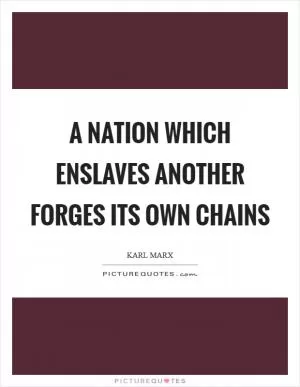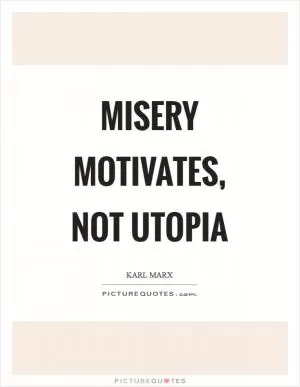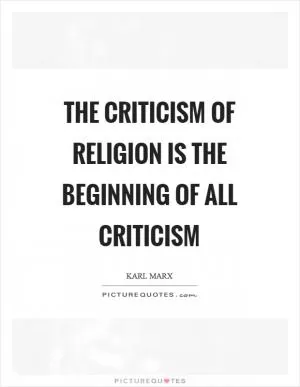Religion is the impotence of the human mind to deal with occurrences it cannot understand

Religion is the impotence of the human mind to deal with occurrences it cannot understand
Karl Marx, a renowned philosopher, economist, and sociologist, is often associated with the quote, "Religion is the impotence of the human mind to deal with occurrences it cannot understand." This statement reflects Marx's critical perspective on religion and its role in society. In the context of Marx's broader theories on capitalism, class struggle, and alienation, this quote sheds light on his views on the function of religion as a tool of control and oppression.Marx believed that religion served as a means of pacifying the masses and maintaining the status quo. He argued that religion was used by the ruling class to justify their power and privilege, while simultaneously keeping the working class in a state of submission and obedience. By attributing unexplainable occurrences to divine intervention or fate, religion served to distract individuals from questioning the inequalities and injustices inherent in society.
Furthermore, Marx viewed religion as a form of false consciousness that prevented individuals from recognizing their own exploitation and alienation. He believed that religion provided a false sense of comfort and security, leading people to accept their suffering and oppression as part of a divine plan. In this sense, religion acted as a barrier to critical thinking and social change, perpetuating the existing power structures and inequalities.
Marx's critique of religion can be seen as a reflection of his broader critique of ideology and ideology. He believed that ideology, including religious beliefs, served to uphold the dominant ideology of the ruling class and perpetuate the existing social order. By promoting a sense of fatalism and resignation, religion prevented individuals from challenging the oppressive systems that governed their lives.












 Friendship Quotes
Friendship Quotes Love Quotes
Love Quotes Life Quotes
Life Quotes Funny Quotes
Funny Quotes Motivational Quotes
Motivational Quotes Inspirational Quotes
Inspirational Quotes